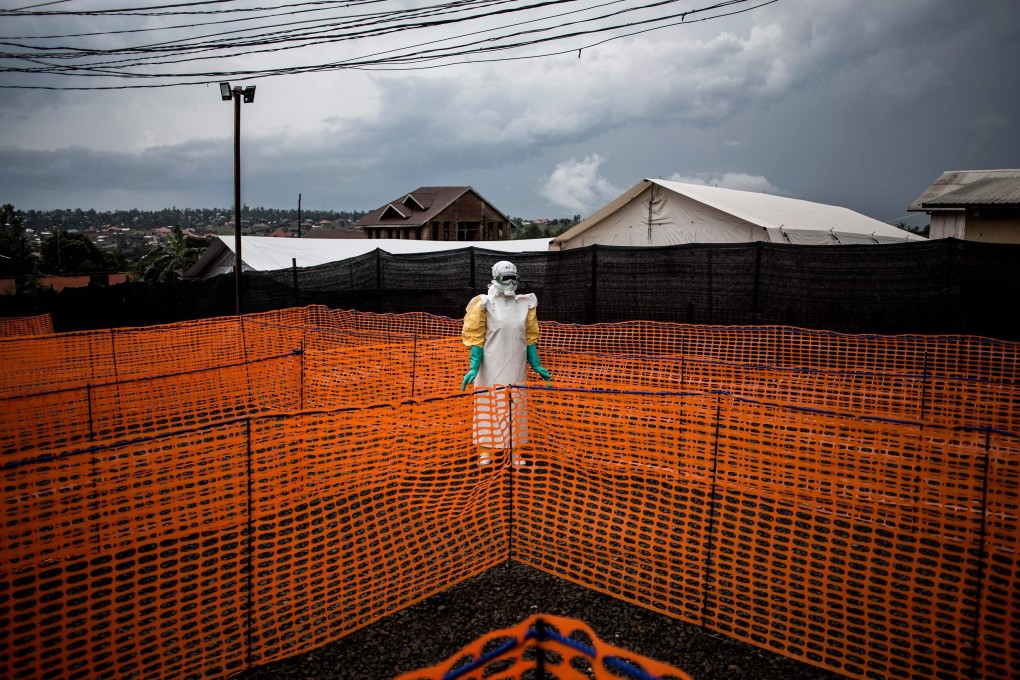Advertisement
DR Congo emerges from longest, deadliest Ebola outbreak but virus struggle is far from over
- WHO director general warns that ‘viruses do not take breaks’ as another Ebola outbreak, Covid-19 and measles threaten DRC
- Outbreak killed 2,287 people but health authorities say fight to contain it resulted in valuable lessons and a licensed vaccine
Reading Time:3 minutes
Why you can trust SCMP

For almost two years the Democratic Republic of Congo has battled the deadliest Ebola outbreak, killing 2,287 people from 3,470 reported infections.
DRC Health Minister Eteni Longondo described it as the “longest, most complex and deadliest” in the country’s history, with the worst-hit area in North Kivu, an active conflict zone where dozens of armed groups operate, making it extremely challenging to contain the disease.
But on Thursday, health authorities in the DRC and the World Health Organisation (WHO) declared the outbreak over.
Advertisement
The DRC Ministry of Public Health made the announcement after no new cases had been reported 42 days after the last patient was discharged from a treatment centre in Beni, North Kivu. This was well beyond the virus’ three-week incubation period.
WHO director general Tedros Adhanom Ghebreyesus said the disease had taken a heavy toll.
Advertisement
“The outbreak took so much from all of us, especially from the people of DRC, but we came out of it with valuable lessons and valuable tools. The world is now better equipped to respond to Ebola. A vaccine has been licensed, and effective treatments identified,” Tedros said.
Advertisement
Select Voice
Select Speed
1.00x